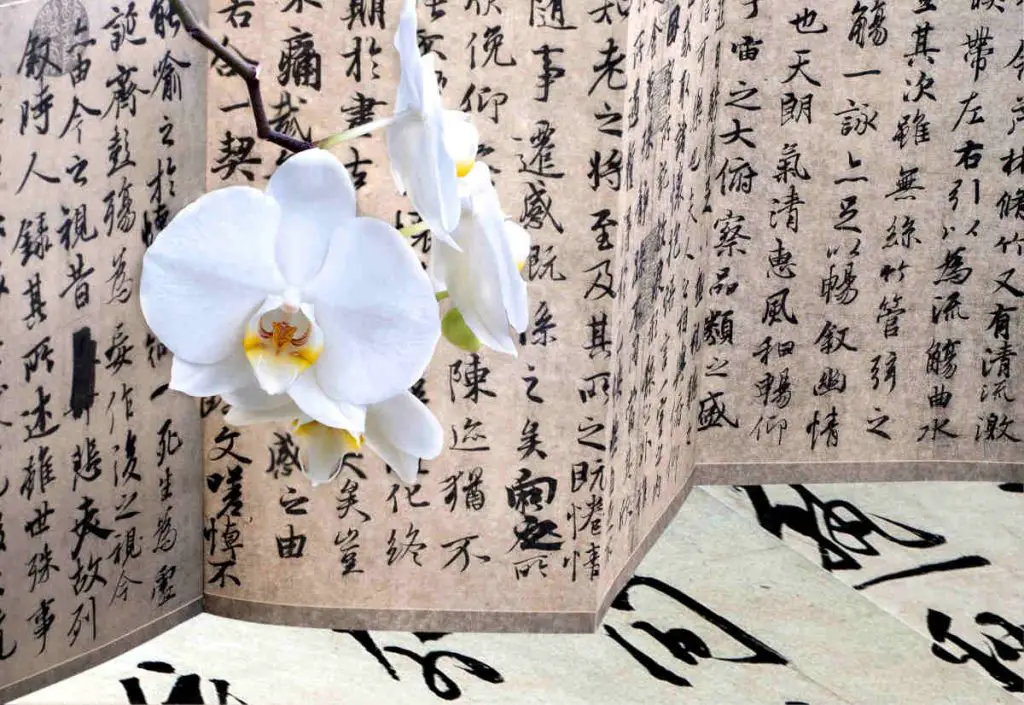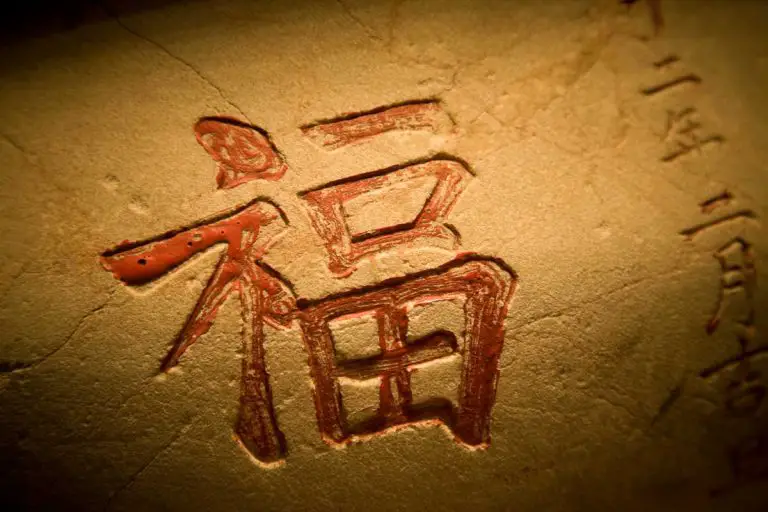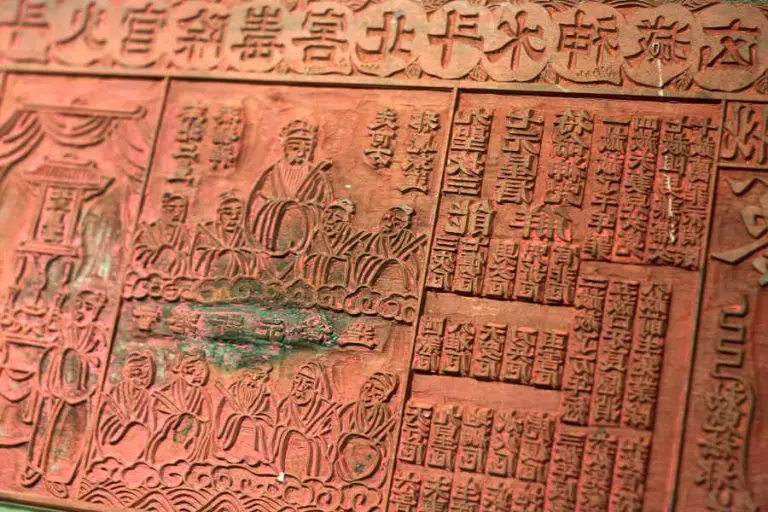Classic Chinese literature stands as a testament to the rich cultural tapestry that weaves through the history of China. Spanning centuries, these literary gems provide a window into the thoughts, values, and societal norms of bygone eras. From the poetic verses of the Tang dynasty to the philosophical musings of Confucius, each piece contributes to the collective identity of the Chinese people.
As language learners embark on this expedition, they discover that delving into these timeless works is more than a linguistic exercise—it’s a gateway to understanding the very essence of Chinese communication.
Why Classic Chinese Literature Matters for Language Learners
Delving into classic Chinese literature is not merely an academic pursuit; it’s a journey that enhances language learning in profound ways. The language used in these timeless works encapsulates the essence of Chinese expression, offering learners a nuanced understanding of vocabulary, syntax, and idiomatic phrases.
By immersing themselves in the eloquence of classical writings, language enthusiasts gain a deeper appreciation for the linguistic intricacies that form the foundation of the Chinese language.
Must-Read Classic Chinese Novels
1. “Journey to the West” (西游记 – Xī Yóu Jì) by Wu Cheng’en
Wu Cheng’en’s epic “Journey to the West” takes readers on a fantastical pilgrimage with the Monkey King, Sun Wukong, and his companions. Filled with mythical creatures, divine challenges, and moral undertones, this classic novel provides a captivating exploration of friendship, loyalty, and the pursuit of enlightenment. Through the lens of this tale, language learners encounter a blend of classical and colloquial language, enhancing their comprehension skills while embarking on a literary adventure. (Check out availability and price – Aff.link)
2. “Romance of the Three Kingdoms” (三国演义 – Sān Guó Yǎn Yì) by Luo Guanzhong
Luo Guanzhong’s “Romance of the Three Kingdoms” unfolds against the backdrop of a tumultuous period in Chinese history. Focused on the power struggles and strategic maneuvers of three rival states, this novel delves into themes of leadership, loyalty, and the complexities of human nature. Language learners will appreciate the vivid characters and intricate storytelling that provide insights into historical events, offering a cultural context that goes beyond language acquisition. (Check out availability and price – Aff.link)
3. “Dream of the Red Chamber” (红楼梦 – Hóng Lóu Mèng) by Cao Xueqin
Cao Xueqin’s masterpiece, “Dream of the Red Chamber,” is a poignant exploration of love, society, and the transience of life. Set against the backdrop of a wealthy family, the novel weaves a delicate tapestry of characters and emotions. Readers will navigate through the complexities of interpersonal relationships, societal expectations, and the inevitable passage of time.
For language learners, the novel’s literary richness and nuanced expressions provide a profound learning experience that goes beyond linguistic nuances. (Check out availability and price – Aff.link)
4. “Water Margin” (水浒传 – Shuǐ Hǔ Zhuàn) by Shi Nai’an
Shi Nai’an’s “Water Margin” narrates the exploits of 108 outlaws during the Song Dynasty. This classic showcases themes of justice, loyalty, and the complexities of human nature, providing language learners with historical insights and a vibrant linguistic journey. (Check out availability and price – Aff.link)
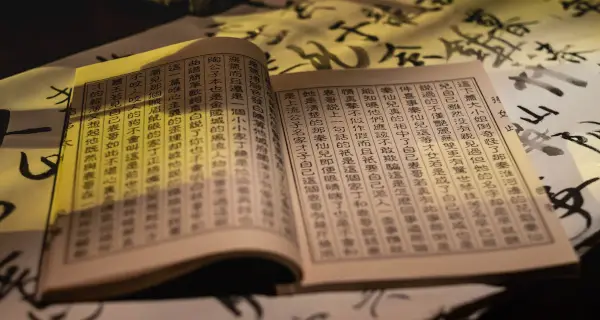
5. “The Plum in the Golden Vase” (金瓶梅 – Jīn Píng Méi) by Lanling Xiaoxiao Sheng
Explore the intricacies of desire, morality, and societal norms in “The Plum in the Golden Vase” by Lanling Xiaoxiao Sheng. This classic novel offers language learners a glimpse into Ming Dynasty society through its vivid characters and engaging narrative. (Check out availability and price – Aff.link)
6. “The Scholars” (儒林外史 – Rú Lín Wài Shǐ) by Wu Jingzi
Wu Jingzi’s “The Scholars” satirizes the civil service examination system in imperial China. Language learners engage with the novel’s humor and social commentary, gaining insights into the historical examination process and the challenges faced by scholars. (Check out availability and price – Aff.link)
7. “The Legend of the White Snake” (白蛇传 – Bái Shé Zhuàn) by Feng Menglong
Feng Menglong’s “The Legend of the White Snake” is a classic tale of love and supernatural elements. Language learners unravel the narrative’s cultural nuances while enjoying a timeless love story that transcends human and supernatural realms. (Borrow this book from Archive.org)
8. “The Three-Body Problem” (三体 – Sān Tǐ) by Liu Cixin
Moving to modern Chinese literature, Liu Cixin’s “The Three-Body Problem” explores science fiction themes. Language learners encounter contemporary language usage while delving into a gripping narrative that intertwines scientific concepts with societal reflections. (Check out availability and price – Aff.link)
9. “Fortress Besieged” (围城 – Wéi Chéng) by Qian Zhongshu
Qian Zhongshu’s “Fortress Besieged” is a comedic novel that satirizes the complexities of love and marriage in 20th-century China. Language learners appreciate the novel’s humor and linguistic nuances, gaining insights into societal changes during the Republican era. (Check out availability and price – Aff.link)
10. “The Deer and the Cauldron” (鹿鼎记 – Lù Dǐng Jì) by Louis Cha
Louis Cha’s martial arts novel, “The Deer and the Cauldron,” blends history, humor, and adventure. Language learners are immersed in a world of martial arts intrigue, historical references, and linguistic diversity. (Check out availability and price – Aff.link)
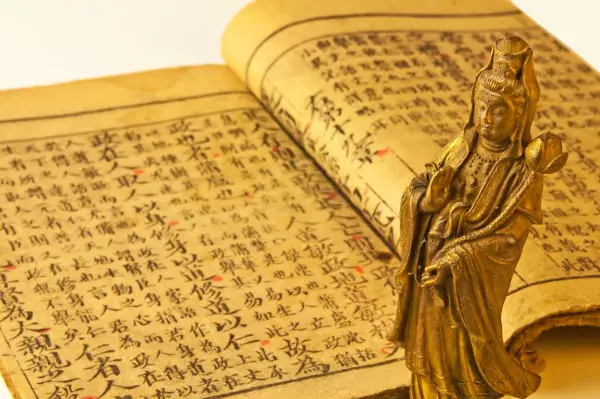
Exploring Themes, Characters, and Cultural Insights
These ten classic Chinese novels offer a diverse linguistic and cultural journey for language learners. Each narrative presents a unique blend of language styles, historical insights, and cultural nuances, enriching the language learning experience. As language enthusiasts engage with the triumphs and tribulations of the protagonists, they not only enhance their language proficiency but also gain a deeper understanding of the cultural tapestry woven into the fabric of these literary masterpieces.
Related reading: Chinese as A Second Language – Is Learning Chinese Worth It?– Opens in new tab
Famous Chinese Classical Poetry
In the realm of Chinese classical poetry, luminous stars emerge in the form of Li Bai, Du Fu, and Wang Wei. These poets, hailing from different dynasties, have left an indelible mark on Chinese literary history.
- Li Bai (李白): Known as the “Poet Immortal,” Li Bai’s verses are a celebration of nature, freedom, and the joys of life. His works often exude a sense of spontaneity and reflect the carefree spirit of the Tang dynasty.
- Du Fu (杜甫): Often regarded as the “Poet Sage,” Du Fu’s poetry delves into the human condition, capturing the trials and tribulations of his time. His verses offer a profound exploration of moral integrity, love, and the impact of war.
- Wang Wei (王维): A master of landscape poetry, Wang Wei’s verses paint vivid scenes of nature. His ability to intertwine the external world with human emotions creates a harmonious blend that resonates through the ages.



Analyzing Selected Poems for Language Learners
Li Bai’s “静夜思” (Quiet Night Thoughts):
床前明月光,疑是地上霜。
举头望明月,低头思故乡。
In this brief masterpiece, Li Bai contemplates the moonlight outside his window, evoking a sense of nostalgia for his hometown. Language learners are exposed to the elegance of simplicity, rhythmic patterns, and the cultural nuances embedded in the longing for one’s roots. (Check out Li Bai’s poetry – Aff.link)
Du Fu’s “春夜喜雨” (Spring Night, Sudden Rain):
好雨知时节,当春乃发生。
随风潜入夜,润物细无声。
Du Fu’s portrayal of a spring rain shower beautifully captures the essence of seasonal changes. Language learners will appreciate the delicate balance of Du Fu’s language, reflecting the subtleties of nature and the transient beauty of spring. (Check out Du Fu’s poetry – Aff.link)
Wang Wei’s “静夜思” (A Quiet Night Thought):
床前明月光,疑是地上霜。
举头望明月,低头思故乡。
Wang Wei, like Li Bai, explores the theme of moonlight and homesickness in his unique style. By comparing and contrasting these renditions of “Quiet Night Thoughts,” language learners gain a deeper understanding of how poets express similar sentiments through distinct linguistic choices. (Check out Wang Wei’s poetry – Aff.link)
Understanding the Cultural and Historical Context of Classical Chinese Poetry
Delving into the delicate verses penned by Li Bai, Du Fu, and Wang Wei goes beyond the surface of linguistic elegance; it invites language learners into a profound exploration of the cultural and historical landscape that shaped these poetic expressions.
Epochs and Eras: Each poet emerged in a distinct era, be it the vibrant Tang dynasty in Li Bai’s time, the tumultuous transition of the Tang to the Song during Du Fu’s life, or the tranquil splendor of the Tang-Song transition under Wang Wei. Understanding the nuances of these periods enriches the comprehension of the poets’ perspectives, allowing language learners to grasp the evolving dynamics of Chinese society.
Philosophical Undercurrents: Chinese classical poetry often echoes the prevailing philosophical currents of its time. From Li Bai’s Daoist influence, celebrating spontaneity and nature, to Du Fu’s Confucian ethos, emphasizing moral responsibility, and Wang Wei’s Buddhist-infused landscapes, each poet reflects the philosophical tenets that permeated their respective eras. Language learners, by unraveling these subtle philosophical threads, gain not only linguistic proficiency but also a deeper philosophical insight into the cultural mindset.
Imagery and Symbolism: The verses of Li Bai, Du Fu, and Wang Wei are laden with symbolic representations deeply rooted in Chinese culture. The moon, for instance, often symbolizes yearning and emotional depth, while the changing seasons embody the cyclical nature of life. Unraveling the layers of imagery within these poems provides language learners with a visual and emotional connection to the cultural symbols embedded in classical Chinese literature.
Societal Influences: The poets were not isolated from the societal upheavals of their times. Du Fu’s poems, for instance, reflect the hardships of war and displacement during the An Lushan Rebellion. By contextualizing these societal influences, language learners gain a more comprehensive understanding of the historical events that shaped the poets’ perspectives and inspired their verses.
In immersing oneself in the cultural and historical context of classical Chinese poetry, language learners transcend linguistic boundaries, weaving a tapestry that connects language with the rich fabric of Chinese history, philosophy, and societal evolution.

Reading Strategies for Classical Literature
Navigating classical Chinese literature as a language learner requires a strategic approach to fully appreciate the linguistic nuances. Here are some tips to enhance your reading experience:
- Start with Annotated Versions: Begin with annotated editions that provide explanations for complex characters, idioms, and cultural references. This assists in deciphering the layers of meaning embedded in classical texts.
- Focus on Context: Understand the historical and cultural context of the work. Familiarizing yourself with the societal norms, philosophical trends, and historical events of the period aids in grasping the underlying themes.
- Gradual Progression: Take a gradual approach. Begin with simpler texts and progressively move to more complex ones. This gradual progression allows for a smoother transition into the linguistic intricacies of classical Chinese.
Utilizing Annotated Editions and Translations for Comprehension
- Annotated Editions: Annotated editions serve as valuable companions, offering insights into archaic characters, obsolete expressions, and cultural allusions. These editions guide language learners through the intricacies of classical texts, promoting a more comprehensive understanding.
- Translations as Bridges: Utilize translated versions as bridges to the original text. Start by reading a translated edition to grasp the narrative and then compare it with the original. This comparative approach enhances comprehension and unveils the linguistic beauty of the classical Chinese language.
- Technology Assistance: Leverage language learning apps and online resources that provide annotated versions, translations, and audio readings. These tools enhance accessibility and provide additional layers of understanding for language learners.
Related reading: The Most Commonly Asked Questions About the Chinese Language – Opens in new tab
Benefits of Reading Classic Literature in the Original Language
- Linguistic Proficiency: Reading classic literature in the original language sharpens linguistic proficiency. It exposes language learners to archaic expressions, classical idioms, and diverse vocabulary, contributing to a more robust command of the language.
- Cultural Immersion: Engaging with the original text offers a deeper immersion into the cultural nuances and historical context. Language learners not only understand the words but also unravel the cultural tapestry woven into the fabric of classical Chinese literature.
- Aesthetic Appreciation: The original language preserves the aesthetic beauty of the prose or poetry. From the rhythmic cadence of poetry to the elegance of prose, experiencing the language in its authentic form allows language learners to appreciate the aesthetic elements that might be lost in translation.
In adopting these reading strategies, language learners can unlock the treasures of classical Chinese literature. Whether through annotated editions, translations, or direct engagement with the original text, the journey into classical literature becomes a rewarding exploration of language, culture, and historical depth.
End Words
In the pages of classic Chinese literature, language learners find not only the characters that construct the language but also the heartbeat of a civilization. Navigating through the vivid landscapes of novels like “Journey to the West,” “Romance of the Three Kingdoms,” and “Dream of the Red Chamber,” they gain more than linguistic prowess—they acquire cultural insights etched in the ink of centuries.
With renowned poets like Li Bai, Du Fu, and Wang Wei echoing through their linguistic exploration, learners delve into a realm where every character and every verse tells a story not just of words, but of a nation’s spirit. In embracing classic literature, language learners embark on a transformative odyssey that transcends the boundaries of language and time.
Stay in Touch
 Join our newsletter by using the forms on this website or click here!
Join our newsletter by using the forms on this website or click here! Follow us on Google News
Follow us on Google News Follow us on Facebook
Follow us on Facebook
Feature Image from Depositphotos

